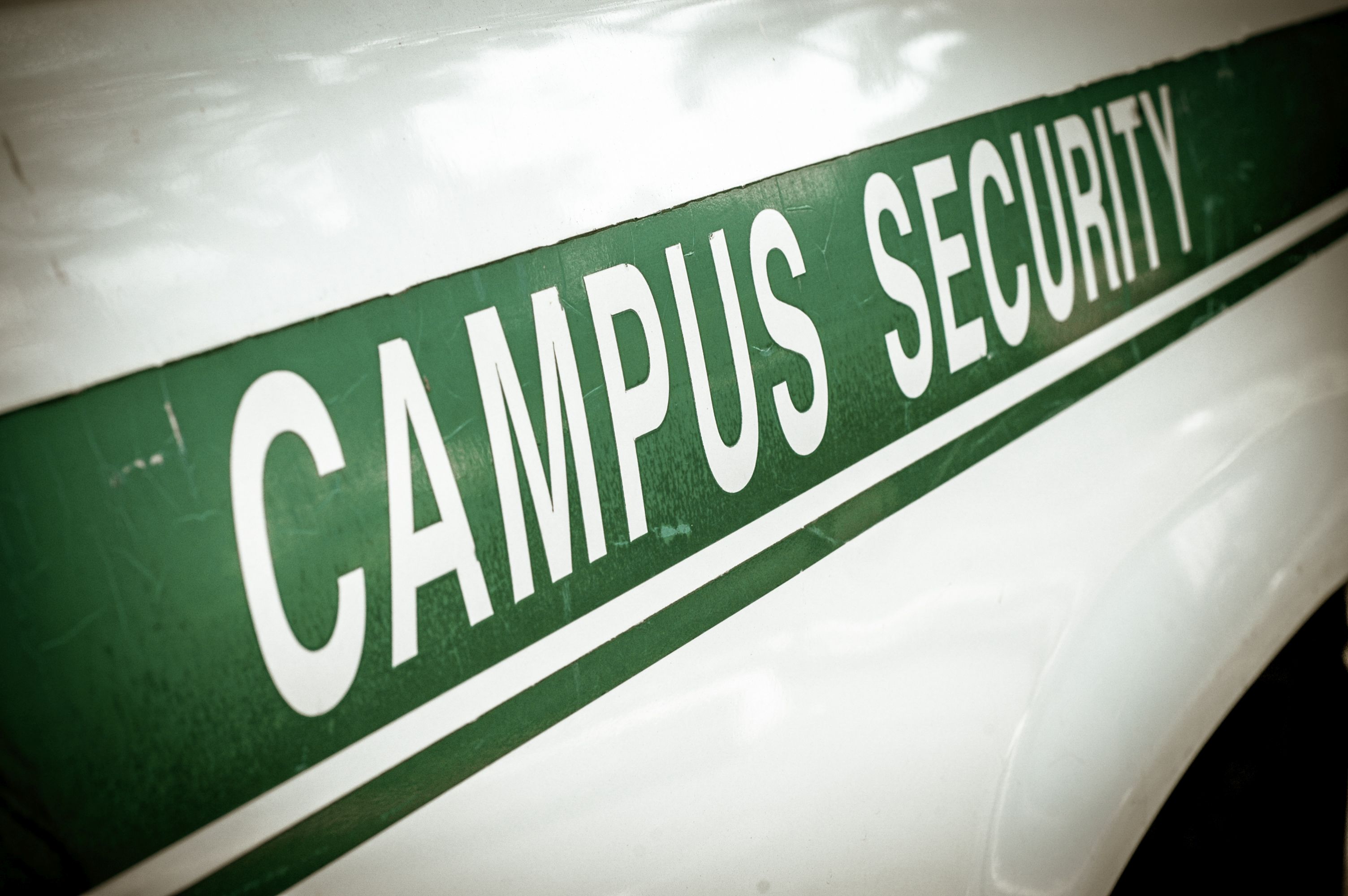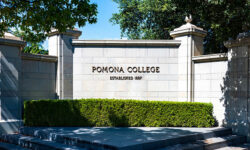New Survey Highlights College Students’ Perspectives on Free Speech
The survey collected data from 1,500 current undergraduate students on topics such as hate speech and controversial speakers.

The preliminary results from a new survey of 1,500 current undergraduate college students echo many peoples’ concerns that freedom of expression and freedom of speech on U.S. college campuses have been jeopardized in recent years.
John Villasenor, a senior fellow at the Center for Technology Innovations at Brookings, who conducted the survey, says freedom of expression is not available on many college campuses, although many public campuses have First Amendment obligations.
Villasenor stresses the significance of understanding how college students view the First Amendment and the rights it affords to them.
“Today’s college students are tomorrow’s attorneys, teachers, professors, policymakers, legislators, and judges,” says a post from Villasenor. “If, for example, a large fraction of college students believe, however incorrectly, that offensive speech is unprotected by the First Amendment, that view will inform the decisions they make as they move into positions of increasing authority later in their careers.”
Villasenor conducted the survey of 1,500 current undergraduate students at U.S. four-year colleges and universities in the second half of August. The survey population was geographically diverse, says Villasenor, with responders representing 49 states and the District of Columbia. While Villasenor plans to publish a more detailed analysis of the results in an academic paper, he emphasized that with the timeliness of the topic, getting out some of the key results immediately to the public is vital.
While Villasenor plans to publish a more detailed analysis of the results in an academic paper, he emphasized that with the timeliness of the topic, the immediate distribution of some of the key results to the public is vital.
Villasenor notes that exceptions to the First Amendment should be noted when examining the results. Firstly, speech is not protected if it is “directed to inciting or producing imminent lawless action and is likely to incite or produce such action”. Secondly, “true threats” are not protected by the First Amendment.
The values you will see in the survey’s results are by percentage. Villasenor notes that some of the totals will not be exact because the percentages were rounded to two digits.
College Students’ Views on Hate Speech
Legally, hate speech is protected by the First Amendment, as long as it doesn’t fall into any of the aforementioned categories, says Villasenor.
One question in the survey asked, “Does the First Amendment protect ‘hate speech’?” Below are the results.

Villasenor says a noteworthy takeaway from the above data is that across all three political affiliations, less than half think hate speech is constitutionally protected.
College Students’ Views on Controversial Speakers
Controversial speakers on college campuses are nothing new to administrators or those involved in keeping campuses safe. Most recent and noteworthy are the controversial speakers who have spoken or are slated to speak at UC Berkeley.
The students were given a specific scenario related to controversial speakers. The scenario stated, “A public university invites a very controversial speaker to an on-campus event. The speaker is known for making offensive and hurtful statements. A student group opposed to the speaker disrupts the speech by loudly and repeatedly shouting so that the audience cannot hear the speaker. Do you agree or disagree that the student group’s actions are acceptable?”

Villasenor says the most noteworthy of the above results is the distinct variation across political affiliations. He also points out that a large fraction of students agree it is acceptable to silence a speaker who they find offensive.
The second question regarding controversial speakers asked, “A student group opposed to the speaker uses violence to prevent the speaker from speaking. Do you agree or disagree that the student group’s actions are acceptable?”

Villasenor is particularly concerned with these results, noting those who see violence as an acceptable way to stop someone from saying something you don’t agree with is high. Any number significantly above zero, says Villasenor, is concerning.
College Students’ Views on Learning Environments
The survey also took another approach in its questioning by presenting respondents with two scenarios regarding the types of learning environments they believe colleges should foster.
The two scenarios students had to pick from included:
“Option 1: create a positive learning environment for all students by prohibiting certain speech or expression of viewpoints that are offensive or biased against certain groups of people”
“Option 2: create an open learning environment where students are exposed to all types of speech and viewpoints, even if it means allowing speech that is offensive or biased against certain groups of people”

The above results indicate that the majority of students prefer a learning environment that shelters them from offensive views. While the majority of Republican and Independent responders prefer a more open environment, the numbers are surprisingly high for those particular groups, says Villasenor.
If you appreciated this article and want to receive more valuable industry content like this, click here to sign up for our FREE digital newsletters!
 Leading in Turbulent Times: Effective Campus Public Safety Leadership for the 21st Century
Leading in Turbulent Times: Effective Campus Public Safety Leadership for the 21st Century
This new webcast will discuss how campus public safety leaders can effectively incorporate Clery Act, Title IX, customer service, “helicopter” parents, emergency notification, town-gown relationships, brand management, Greek Life, student recruitment, faculty, and more into their roles and develop the necessary skills to successfully lead their departments. Register today to attend this free webcast!















The last conclusion says that it is surprising that the majority seem to want a “sheltered” environment. If you look at how high the democrats chose this option, it is not surprising to anyone. Their last line seems to say that conservatives and independents are not open to hearing other sides of views when the conclusion shows otherwise. The liberal left is less willing to hear the “other” side’s point of view. With all the anti-conservative protests going on, why does this surprise them?
BTW, I am a registered Democrat.